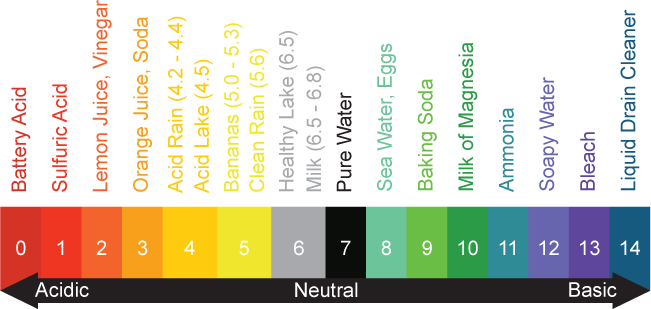
The Impact of Low pH Well Water on Copper Plumbing Systems and How to Mitigate It
Well water is a valuable resource for many homeowners, providing a reliable and often cost-effective water source for various household needs. However, healthy water quality can vary significantly depending on factors such as geographical location and geological composition. One common concern associated with healthy water is its pH level, particularly when it comes to its interaction with copper plumbing systems. In this article, we'll explore the effects of low-pH well water on copper plumbing and discuss strategies to prevent corrosion and maintain the integrity of your plumbing infrastructure.
Understanding pH and its Impact on Copper Plumbing
pH is a measure of the acidity or alkalinity of a solution, with values ranging from 0 to 14. A pH below 7 indicates acidity, while a pH above 7 indicates alkalinity. Neutral pH is 7. Low pH well water, typically below 7, can have a corrosive effect on copper plumbing systems. When water with a low pH comes into contact with copper pipes, it can initiate a chemical reaction that leads to the corrosion of the copper surface. This corrosion process is accelerated in the presence of dissolved oxygen and other ions in the water, leading to the formation of copper oxides and hydroxides.
Effects of Corrosion on Copper Plumbing
- Leakage and Pipe Failure: Corrosion weakens the structural integrity of copper pipes, making them more prone to leaks, pinhole leaks, and eventually, pipe failure.
- Reduced Water Quality: Corroded copper pipes can release copper ions into the water, compromising its quality and potentially posing health risks, especially if consumed in high concentrations.
- Decreased Water Pressure: Buildup of corrosion products inside copper pipes can restrict water flow, leading to decreased water pressure throughout the plumbing system.
- Increased Maintenance Costs: Repairing or replacing corroded copper pipes can be costly and time-consuming, leading to higher maintenance expenses for homeowners.
- Preventive Measures to Protect Copper Plumbing
Prevention
- pH Testing and Adjustment: Regularly test the pH of your well water using a pH testing kit. If the pH is consistently below 7, consider adjusting it to a neutral or slightly alkaline level using pH stabilization techniques or installing a pH correction system. These pH Neutralizer systems use calcium carbonate (calcite) and magnesium oxide (corosex). They are very easy to install, and the results start immediately. Aqua Science has over 20 different sizes and models to choose from
- Water Treatment Systems: Install water treatment systems such as neutralizing filters to raise the pH of acidic well water before it enters your plumbing system. These systems can help neutralize acidity and reduce the water's corrosive potential.
- Corrosion-resistant Coatings: Consider applying corrosion-resistant coatings or linings to copper pipes to protect them from the corrosive effects of low pH water. These coatings act as a barrier between the water and the metal surface, preventing corrosion and extending the plumbing system's lifespan.
- Regular Maintenance: Schedule regular inspections and maintenance checks of your plumbing system to detect any signs of corrosion or deterioration early on. Addressing issues promptly can help prevent further damage and prolong the life of your copper pipes.
- Use of Alternative Materials: In areas with extremely acidic well water, consider using alternative plumbing materials such as PVC, PEX, or stainless steel, which are less corrosion-resistant than copper.
Low pH well water can pose significant challenges to copper plumbing systems, leading to corrosion, leaks, and reduced lifespan of pipes. However, with proactive measures such as pH testing, water treatment, and regular maintenance, homeowners can effectively mitigate the corrosive effects and ensure the long-term durability and performance of their plumbing infrastructure. By understanding the impact of low pH water on copper plumbing and implementing preventive strategies, homeowners can safeguard their investment and enjoy reliable access to clean water for years to come.


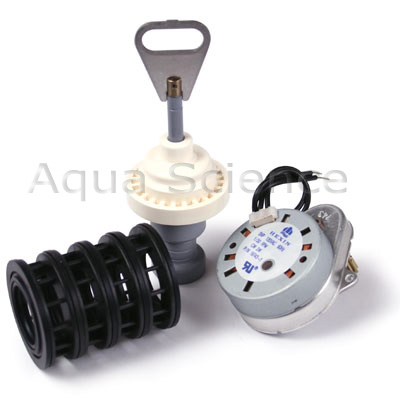








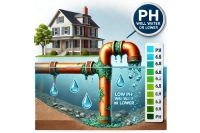
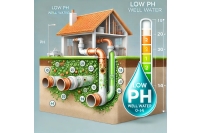

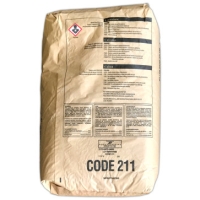
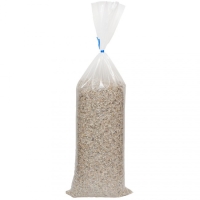
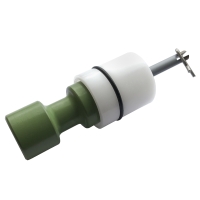



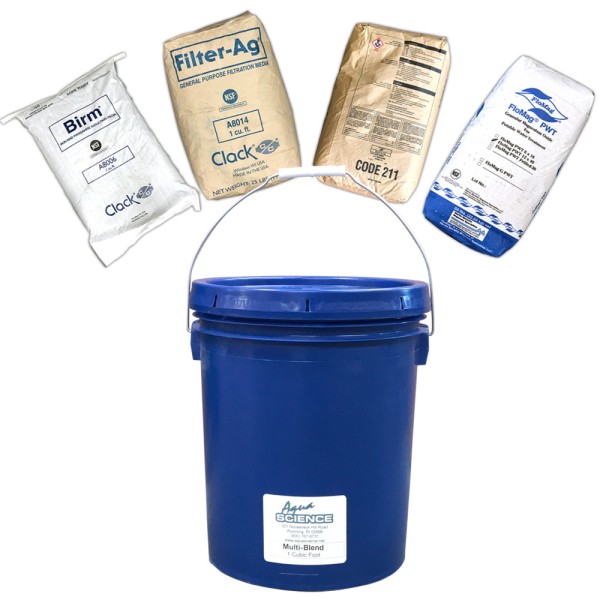
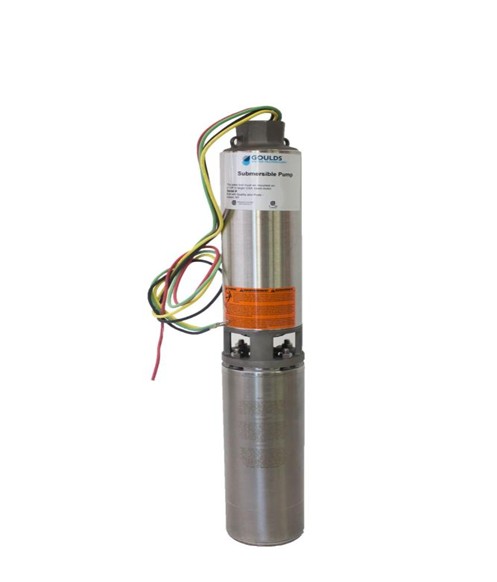




Validate your login